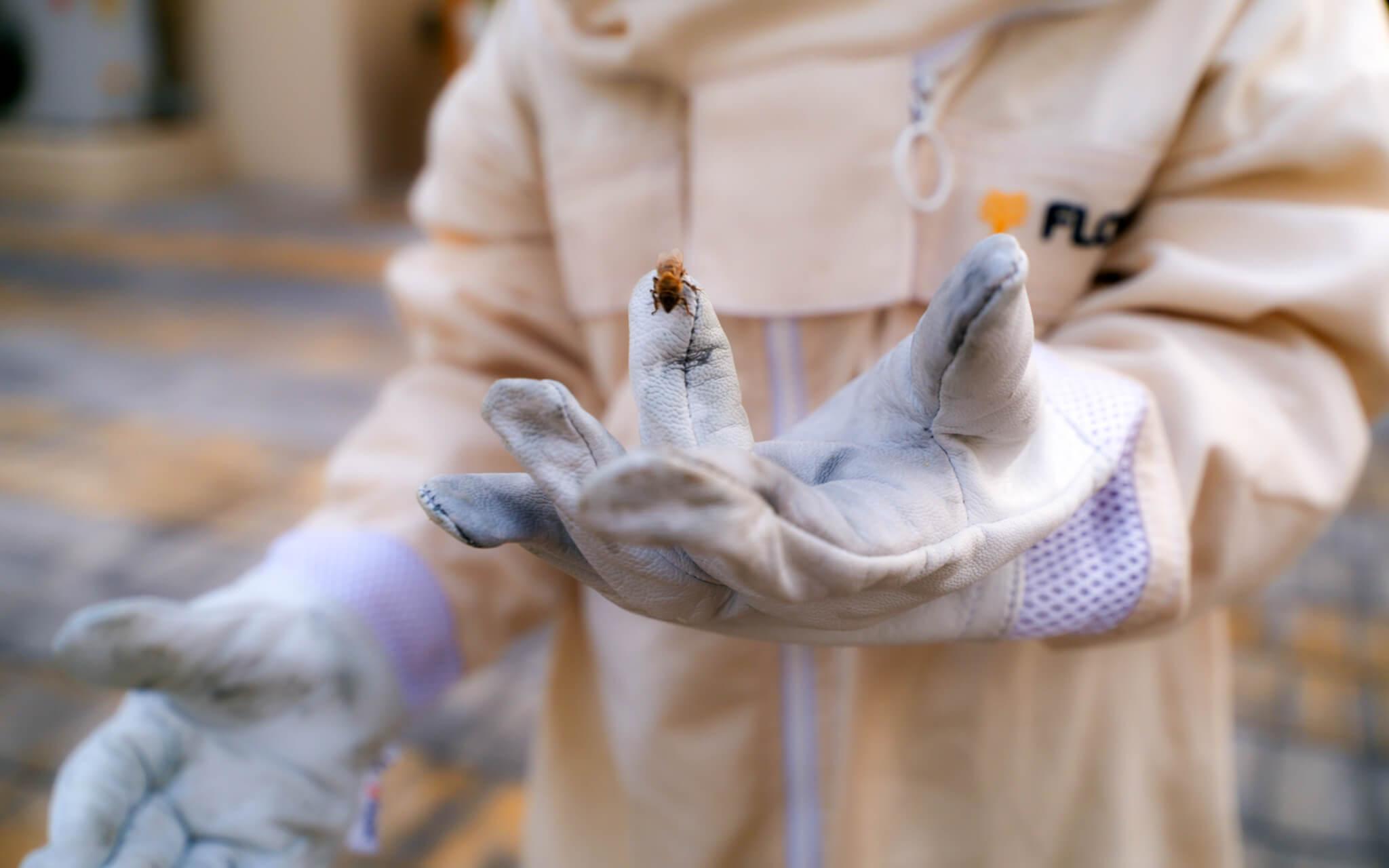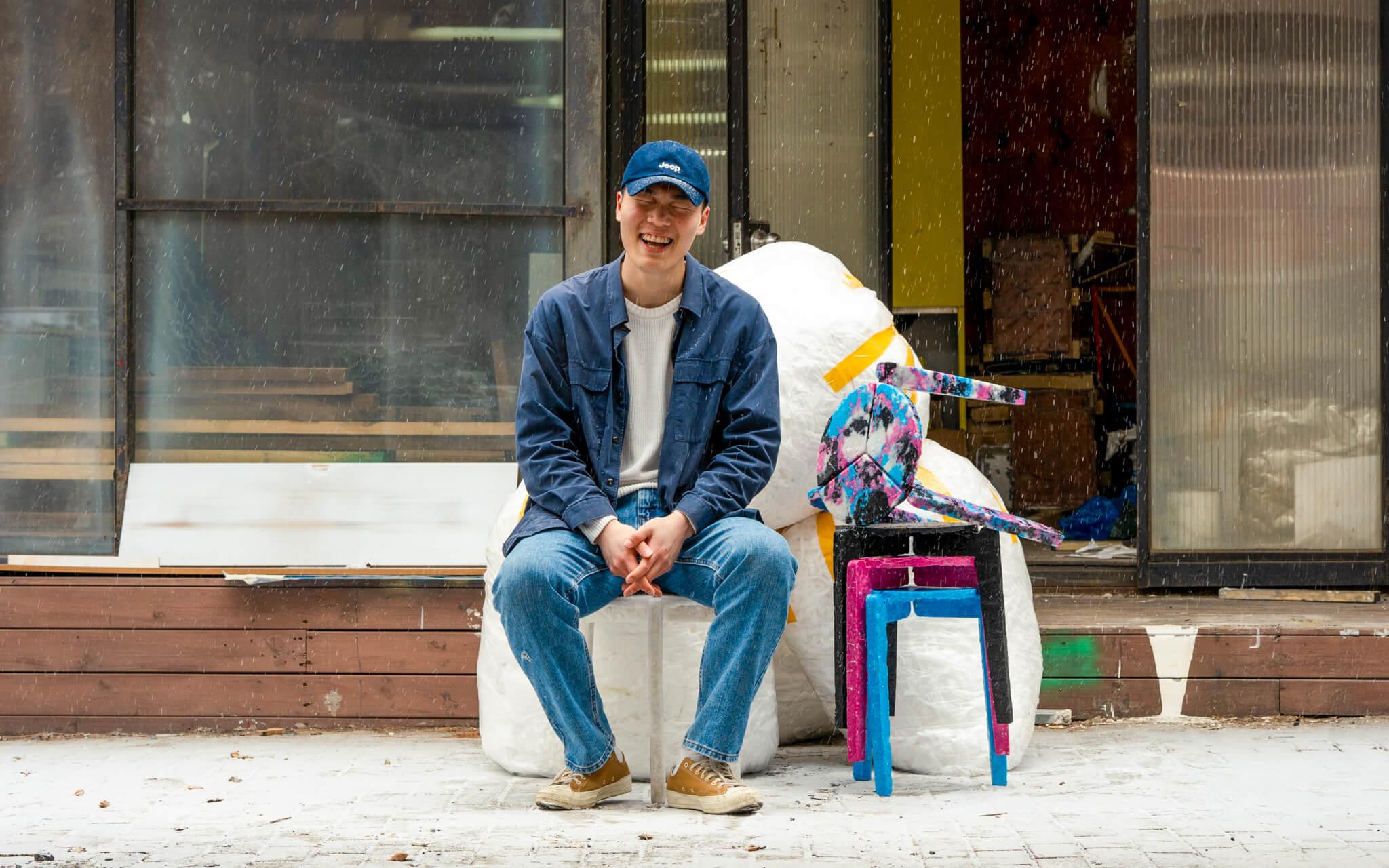Feeding a Promise in Southern California
A single promise made years ago drives Food Finders' Executive Director, Diana Lara, to deliver 30,000 meals daily across Southern California - transforming would-be landfill waste into nourishment for those who need it most.
Diana Lara's first week at Food Finders threw her into the deep end: a hungry child and his mother were stranded in a motel, victims of bureaucratic error. No school meals. No food for the weekend. Despite desperate calls, Diana hit wall after wall.
“I could not find a box of food for this kid,” Diana recalls. “I swore after that this would never happen again.”
Fate played matchmaker, and on a flight home from Arizona, exhausted from a corporate leadership programme, Diana found herself beside a youth minister whose passion for community service sparked a fire within her. “It was a sign,” she says simply.
When Diana joined Food Finders, she inherited a grassroots mission born from one woman's moment of clarity. The founder, Arlene Mercer, launched the organisation from her garage after witnessing someone scavenging food from trash. What Diana found was passion without infrastructure: a mission powered by hope. “She had this great big Rolodex on her desk that had volunteers, donors, and agencies,” Diana laughs. “I thought, ‘Oh my God, what if we had a fire?’”
Diana rolled up her sleeves… digital systems replaced the Rolodex, a major grocery chain came on board, and their reach expanded rapidly. The tiny team of two staff and a driver blossomed into an operation now feeding multiple counties across Southern California.
Today, Food Finders coordinates daily pickup of excess food from grocers, restaurants, hospitals, schools, and manufacturers, distributing it immediately to nonprofit partners like pantries, shelters, youth programs, and senior centres. Their work serves the one-in-five Californians struggling with food insecurity, part of the 18 million households experiencing hunger nationwide.
These efforts are powered by volunteers, including some who've served since the organisation's founding 36 years ago. Many form lasting bonds with food donors and recipient agencies. “Volunteering as you get older is a huge part of their life. It's why a lot of them get up in the morning.”
Beyond food rescue, Food Finders runs a Food for Kids program providing weekend meal boxes to 47 schools in the Long Beach Unified School District. "When we took over 10 years ago, we were seven schools," Diana notes. Each box provides up to four meals for a family of four over the weekend.
At Food Finders' modest warehouse, time is of the essence. Most rescued food is perishable, requiring immediate distribution through a coordinated network of staff drivers and 200 volunteers who collect and deliver food to nonprofit partners the same day.
“Last year, we rescued 16 million pounds of food,” Diana explains. “That is not going into a landfill. That is not going to contribute to global warming.”
The impact: nearly 13.5 million meals provided, 8.7 million pounds of emissions prevented, and 7.3 billion gallons of water saved in 2023 alone. “In California, we've been in a water shortage for years,” Diana notes. “If we're wasting food that's utilising resources like water, it just doesn't make any sense.”
We'll continue to feed them until we have no more money. And if we have no more money to buy protein, then we'll give them more produce. I don't want anybody to not have food.
At their Food Hub in Long Beach, people begin lining up at 1:00 a.m. for the 9:00 a.m. food distribution. The faces in these lines challenge common misconceptions about food insecurity.
Diana recalls responding to a resident who complained about bottled water being included in a food drive: “There are 5,000 homeless families that are part of the Long Beach Unified School District. This water allows them to brush their teeth and wash when they're living out of their cars.” The resident later replied, "I never thought about that.”
Food Finders works tirelessly to break harmful misconceptions about those in need. “The stories that I hear are heartbreaking,” Diana says. She tells me of veterans struggling with homelessness or mental illness, a man in his early 70s on disability, a woman who had taken time off to care for her dying partner, and the growing number of seniors supporting multi-generational households.
With seniors comprising nearly 90% of food hub recipients, Diana worries about the future impact of baby boomers retiring. This drives her to develop new initiatives - from a specialised frozen meal program to expanding Backyard Harvest, which collects otherwise wasted fruit from residential trees.
Seventeen years after that first desperate week, Diana measures success one meal at a time. When asked what keeps her motivated despite enormous challenges, her answer is simple and heartfelt: “The fact that somebody ate today. I know when I go home every day, people are eating, and I know that if we weren't doing what we were doing, people would be struggling.”
As the number of people seeking help grows - a 123% increase in the past year alone - Diana remains steadfast.
“We'll continue to feed them until we have no more money,” she insists. “And if we have no more money to buy protein, then we'll give them more produce. I don't want anybody to not have food.”
That child in the motel room all those years ago may never know how his story transformed into a mission that now feeds thousands while fighting climate change. But Diana remembers. And she keeps her promise, day after day, one meal at a time.
Most Popular
The Climate Tribe delivers stories about Biodiversity and Conservation, Circular Economy, Food and Water , and how they intersect with climate.
Subscribe
Get the latest stories inspiring climate action around the globe straight to your inbox.






